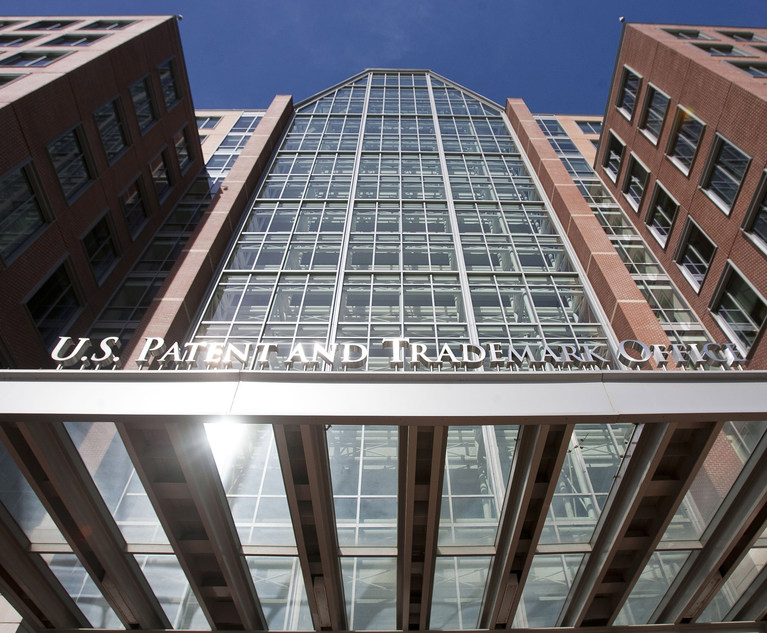On June 8, 2022, the Department of Justice (DOJ), the U.S. Patent and Trademark Office (USPTO), and the National Institute of Standards and Technology (NIST) (collectively, the Agencies) announced the withdrawal of the 2019 Policy Statement on Remedies for Standards-Essential Patents Subject to Voluntary F/RAND Commitments. The announcement signaled the end of a Trump-era policy that encouraged holders of industry essential patents to seek injunctive relief against infringing users. Following the withdrawal, major sectors of the economy are left without any formal guidance on how the Agencies will treat issues concerning industry essential patents in the coming months. It appears as though uncertainty surrounding the future of SEP enforcement will continue in the Biden administration.
A Primer on Standard-Essential Patents
Certain industries, such as the Internet and cellular telephones, rely on industry standards to facilitate interoperability and product quality across devices and services. Such industry standards are established by Standards-Developing Organizations (SDOs) to allow technologies from different manufacturers to work in conjunction with each other. Although SDOs are typically comprised of industry competitors, the antitrust laws permit this type of competitor cooperation because the development of standards is generally seen as pro-competitive and conducive to innovation.


 U.S. Patent and Trademark Office building in Alexandria, VA. Photo: Diego M. Radzinschi/ALM
U.S. Patent and Trademark Office building in Alexandria, VA. Photo: Diego M. Radzinschi/ALM




